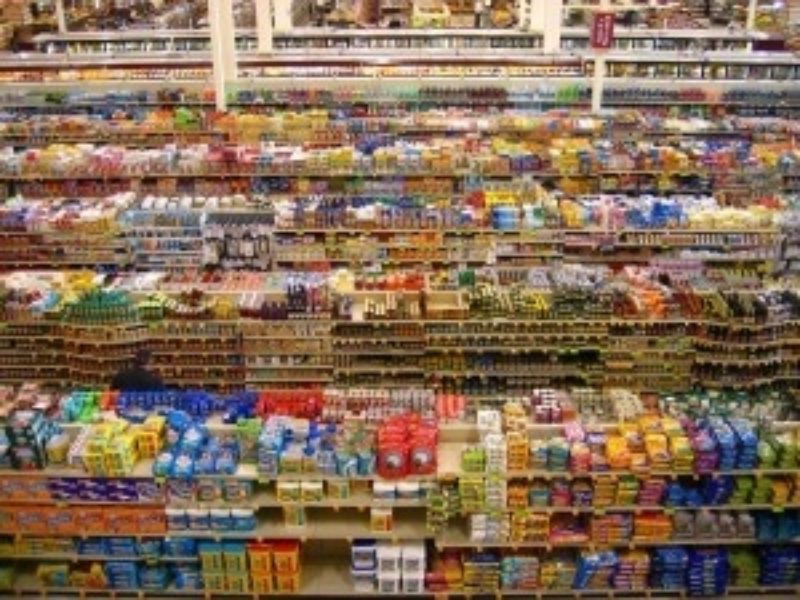March 12, 2009

Apologies in advance to anyone who actually understands economics who might be reading this. I don't, and so much of what follows is probably incredibly naive.
I have been thinking quite a bit recently about the failure of the economy and whether we want it to recover to its pre-bust state. As I listen to the arguments for the various stimulus packages the main justification for distributing hundreds of billions of dollars is to get us to spend more and hence consume more. As a short term fix this may be okay but wasn't it an unsustainable approach to growth and consumption that got us in to trouble in the first place? Can we really expect to spend our way out of this and somehow magically create a post-crisis economy that is sustainable?
If the financial crisis was caused by the over-consumption of things we couldn't afford, cheap mortgages for instance, and the environmental crisis is being caused by the over-consumption of things we can't afford, the earth's resources, and the health crisis is being caused by the over-consumption of things we can't afford, calories, then it points towards there being a bit of a problem with endless consumption.
So what's the alternative?
I think one problem is that our economy is too simple in what it measures. Industrialization created an economy that converts raw materials into goods that are sold for cash. The economy measures the amount of resource that is converted into cash and growth is dependent on doing more of that and doing it more efficiently. This may be appropriate when manufacturing physical products is the majority of humanity's value-adding activity, which was the case for the first 150 years of the industrial revolution. It is not the case anymore.
Whether it is reputations created through brands, relationships created through services, knowledge created through information, or networks created through communication, there are many more forms of value that get created in our modern information society. And yet, our economy does not measure those in any meaningful way. If it did might we find that growth through consumption of resources was in fact being replaced by growth through participation in networks, relationships and experiences?
Take the music industry as an example. Measured the conventional way, the music economy has seen a massive destruction of value in the last ten years through the emergence of digital downloads and the internet. Put simply, the record companies are selling far fewer CD's. If however we were to look at the industry differently might we find a different answer? If we could value the increase in the amount of music being listened to, or the social connections that sharing music creates, or the increase in the number of music creators, or the meaning that an individual gets from creating their own music would we find that instead of the destruction of value we had instead experienced a significant creation of value?
We get more of what we measure. If we measure consumption we will get more of it. If we measure participation we will get more of that and we might just find we are already far wealthier than we realize, or perhaps far poorer. More importantly if our economy measured different types of value we could focus on designing things that created growth without automatically requiring that we consume more stuff.